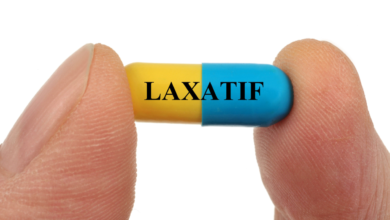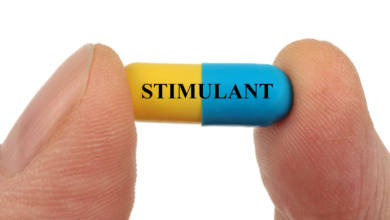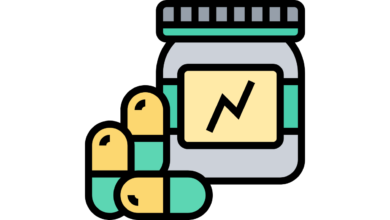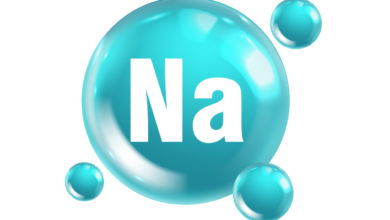The Uses and Benefits of Mineral Oil
Mineral Oil: Safety and Applications

Brief information about it:
Mineral oil is a lubricant laxative used to treat constipation. It works by coating the stool, making it softer and easier to pass.
Uses:
· Constipation relief: Mineral oil is primarily used to treat constipation.
· Preparation for colonoscopy: It can be used to prepare the colon for a colonoscopy procedure.
Mechanism of action:
Mineral oil works by forming a protective coating around the stool, preventing water from being absorbed and softening the stool. This makes it easier for the stool to pass through the intestines.
Elimination half life:
Mineral oil is not absorbed by the body and is excreted through the feces. The elimination half-life can vary depending on individual factors.
Route of Administration:
Mineral oil is typically taken orally, usually before bed.
Side effects:
· Leakage: Mineral oil can cause leakage of stool.
· Pneumonia: If mineral oil is aspirated into the lungs, it can cause pneumonia.
· Malabsorption: Long-term use of mineral oil can interfere with the absorption of fat-soluble vitamins.
Dose:
The recommended dosage of mineral oil can vary depending on individual factors and the severity of constipation. It is important to follow the instructions provided by your healthcare provider.
Precautions:
· Consult a doctor: Before taking mineral oil, consult with a healthcare professional to ensure it is safe for you.
· Avoid dehydration: Drink plenty of fluids while taking mineral oil to prevent dehydration.
· Long-term use: Avoid long-term use of mineral oil, as it can interfere with the absorption of nutrients.
· Pregnancy and breastfeeding: If you are pregnant or breastfeeding, consult with your doctor before taking mineral oil.





